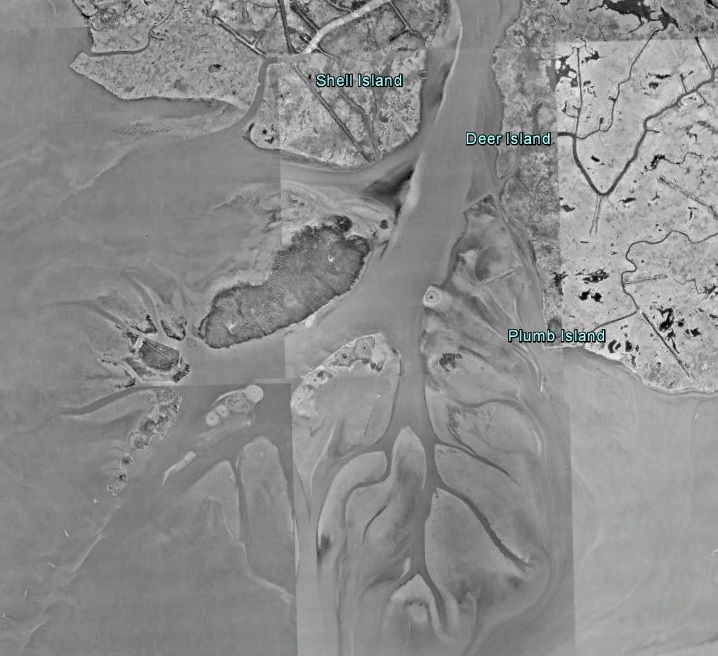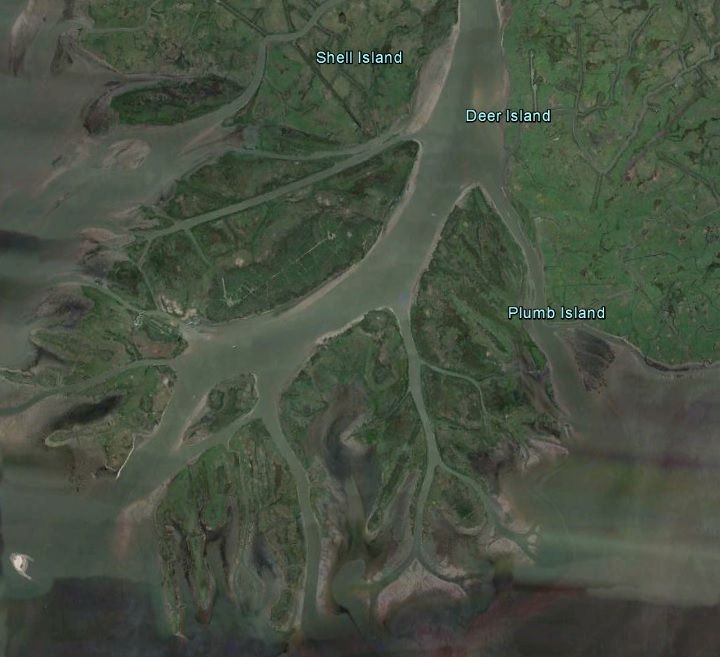Nutriaitch
Retired Super Hero
Something I've always been passionate about is the amount of land lost to coastal erosion here in Louisiana.
Most of you probably don't really care about this topic, but I'm curious:
are people outside of Southern Louisiana even aware of the rate we're losing our land?
The changes I've seen just since my teens has been drastic. Devastating in some areas. And the projections going forward are not a pretty picture for my home town either.
the following pictures (courtesy of Google Earth) are areas that I've fished my entire life. I launch my boat about 2 miles from my house. all of these pictures less than a 30 minute boat ride from that launch.
Mouth of Bayou Terrebonne 1998:
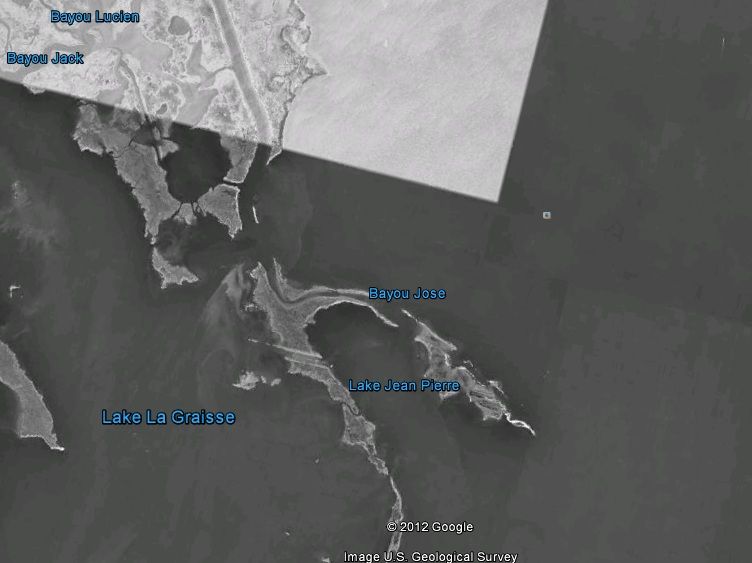
Mouth of Bayou Terrebonne 2012:
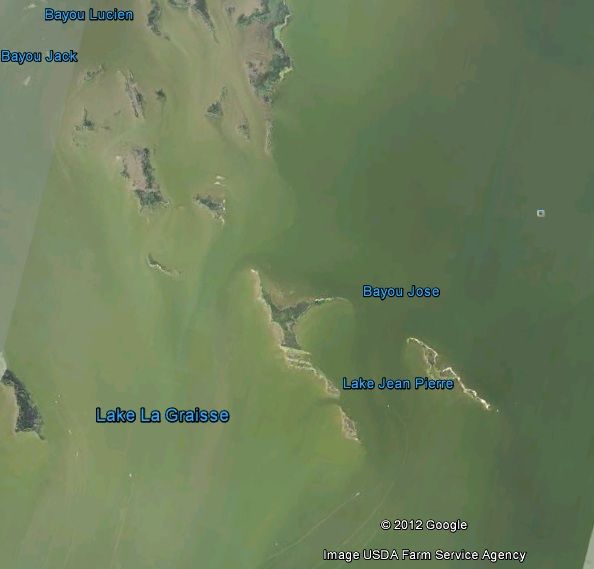
One of my favorite fishing spots 2004:
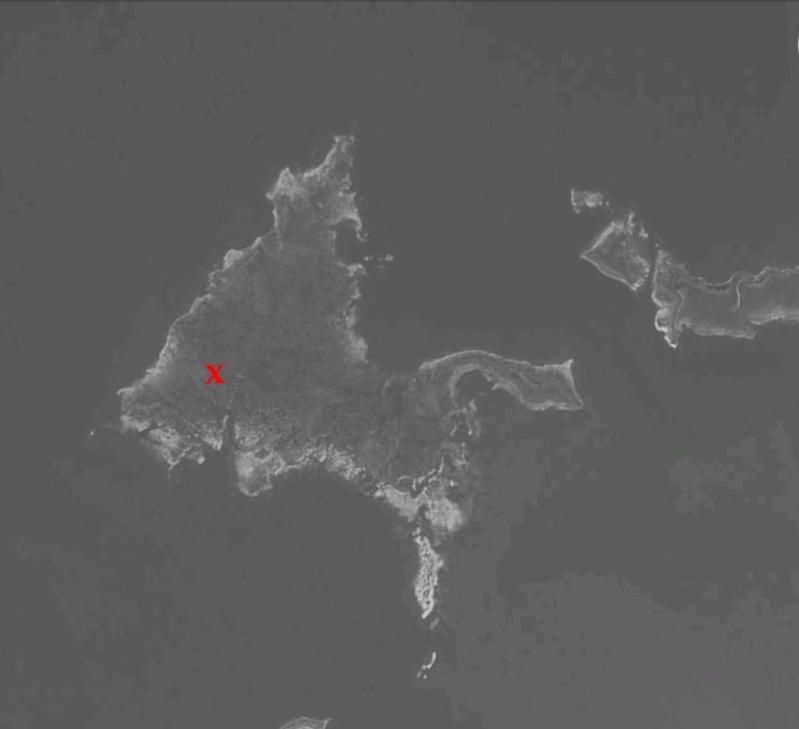
Same Spot 2012:
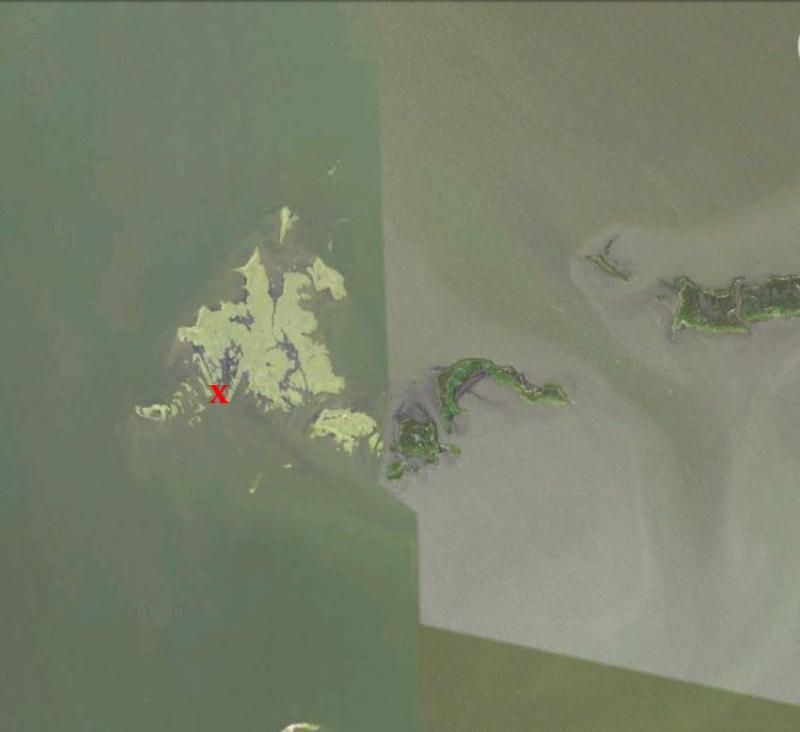
Mouth of Bayou Barre/Charles Theriot 1998:
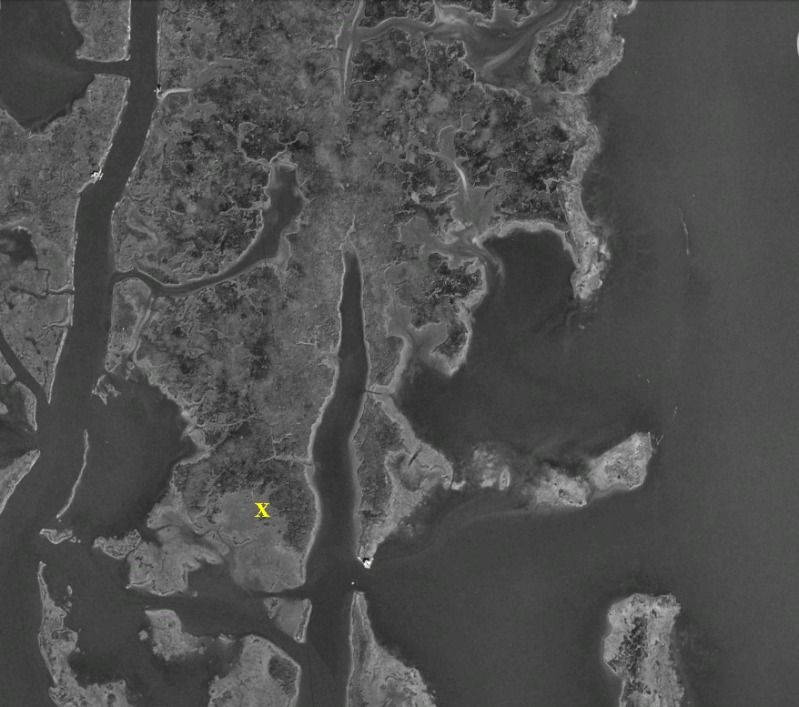
Same area 2012:
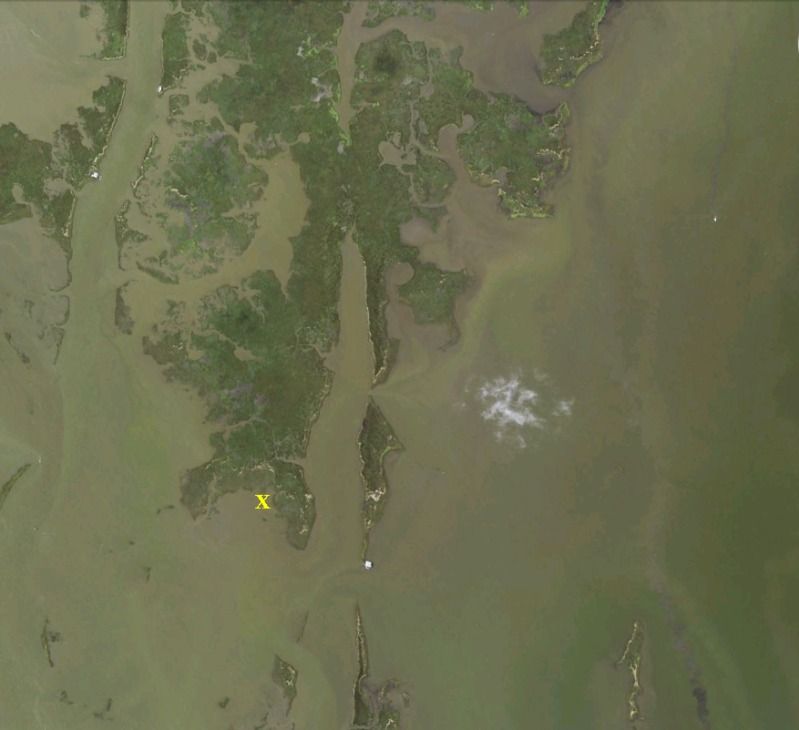
Most of you probably don't really care about this topic, but I'm curious:
are people outside of Southern Louisiana even aware of the rate we're losing our land?
The changes I've seen just since my teens has been drastic. Devastating in some areas. And the projections going forward are not a pretty picture for my home town either.
the following pictures (courtesy of Google Earth) are areas that I've fished my entire life. I launch my boat about 2 miles from my house. all of these pictures less than a 30 minute boat ride from that launch.
Mouth of Bayou Terrebonne 1998:

Mouth of Bayou Terrebonne 2012:

One of my favorite fishing spots 2004:

Same Spot 2012:

Mouth of Bayou Barre/Charles Theriot 1998:

Same area 2012:




